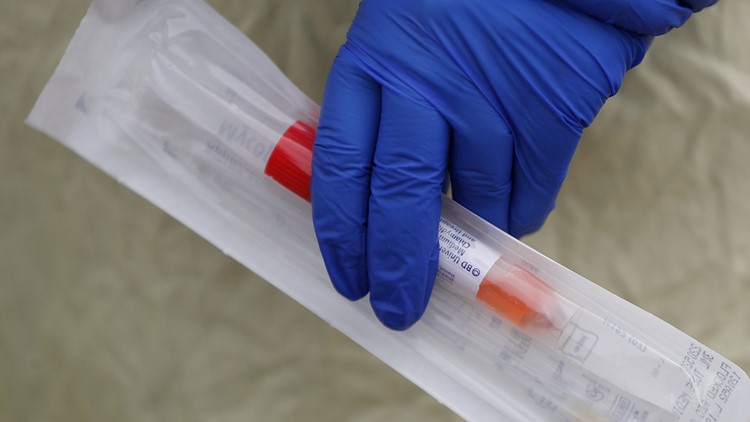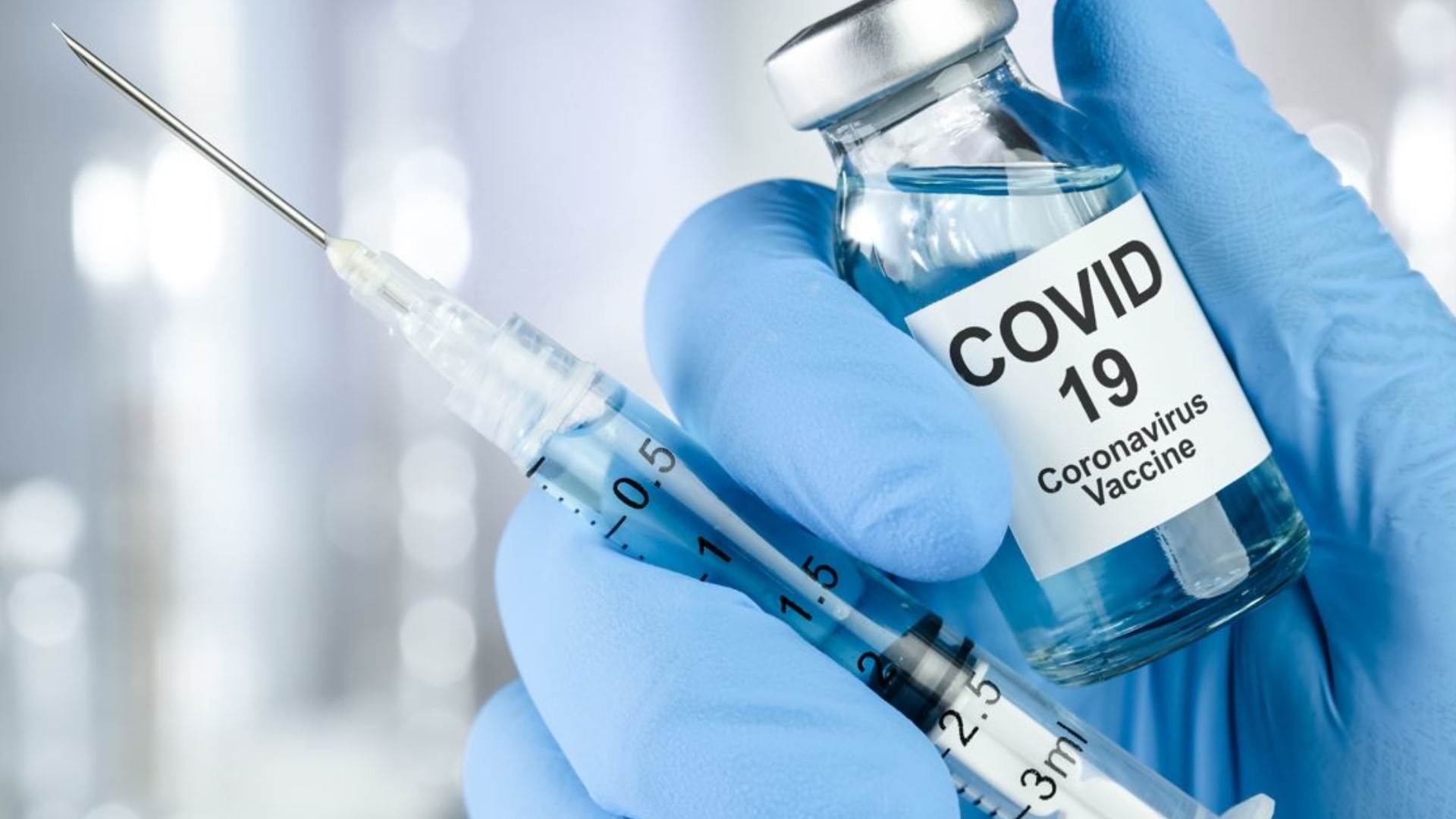As Michigan's capacity to test for coronavirus is strained, those at highest risk are being prioritized, state leaders say.
"We don't have enough tests," said Gov. Gretchen Whitmer during a Wednesday afternoon press conference. "We don't have enough resources to process the tests."
The state total of COVID-19 cases surpassed 100 on Wednesday spanning 15 different counties, just over a week after the first few cases were confirmed. But, those are just the cases the state knows about.
"We are not going to be able to understand comprehensively how many people actually have the disease," said Dr. Joneigh S. Khaldun, the chief medical executive and chief deputy director for health for the Michigan Department of Health and Human Services.
Khaldun said 500 test kits were disseminated to medical providers across the state within the last week, however, some hospitals already had their own supplies.
Whitmer said the state is waiting on the federal government to provide additional tests, and are looking into alternative ways to obtain more in the meantime. Whitmer and Khaldun stressed that the tests the state does have are being used first for those most at risk of becoming severely ill.
"This is a very serious situation. We expect more cases and unfortunately more fatalities," Khaldun said.
Beaumont Health in Wayne County confirmed the first death of a patient with COVID-19. A man in his 50s passed away early Wednesday morning at the hospital. He had underlying health conditions, according to the hospital.
Beaumont Health says it has dozens of cases between its eight different hospitals. Dr. Nick Gilpin, Beaumont Health's medical director of infection prevention and epidemiology, echoed the state's message during a press conference.
"We simply do not have the bandwidth, the testing supplies to test everyone," Gilpin said.
Gilpin said the hospital's lab processed 500 tests alone on Tuesday, and over a thousand other tests have been sent to the state's lab for processing. Beaumont Health began processing its own tests this week in an effort to lessen the burden on the state's lab.
The state lab can currently process about 115 tests per day, so results are coming back between 48 and 72 hours. Khaldun said the goal is to begin processing more than 200 tests a day at the state lab by the end of the week.
"We currently have limited capacity to provide testing across the state, something that we knew about when we first started testing here in our state lab," Khaldun said.
Quest Diagnostics and LabCorp are also helping the state process tests. Other hospitals are across the state are also working to begin processing tests, as well.
"In a perfect world I would love to be able to test everyone that wants a test. Reality is I can't. I simply can't. I don't think any healthcare system will tell you that they can right now," said Gilpin.
RECOMMENDATIONS FROM STATE OFFICIALS:
Patients with confirmed infection have reportedly had mild to severe respiratory illness with symptoms of:
- Fever
- Cough
- Shortness of breath
The best prevention for viruses, such as influenza, the common cold or COVID-19 is to:
If you think you have been exposed to COVID-19, call your health care provider. If you do not have a health care provider, call the nearest hospital.
- Wash your hands often with soap and warm water for 20 seconds. If not available, use hand sanitizer.
- Avoid touching your eyes, nose, or mouth with unwashed hands.
- Cover your mouth and nose with a tissue or upper sleeve when coughing or sneezing.
- Avoid contact with people who are sick.
- If you are sick, stay home, and avoid contact with others.
- Stay at least 6 feet away from others when in a public setting.
More coronavirus coverage on 13 ON YOUR SIDE:
RELATED VIDEO:
►Make it easy to keep up to date with more stories like this. Download the 13 ON YOUR SIDE app now.
Have a news tip? Email news@13onyourside.com, visit our Facebook page or Twitter. Subscribe to our YouTube channel.



